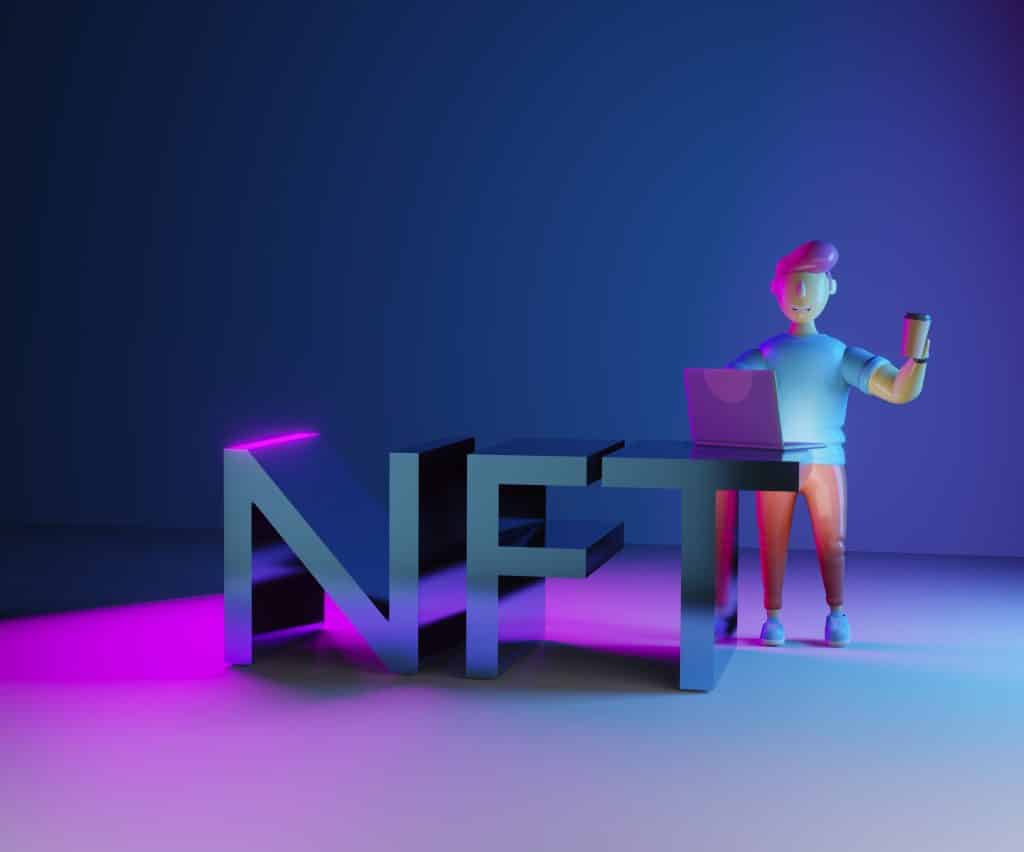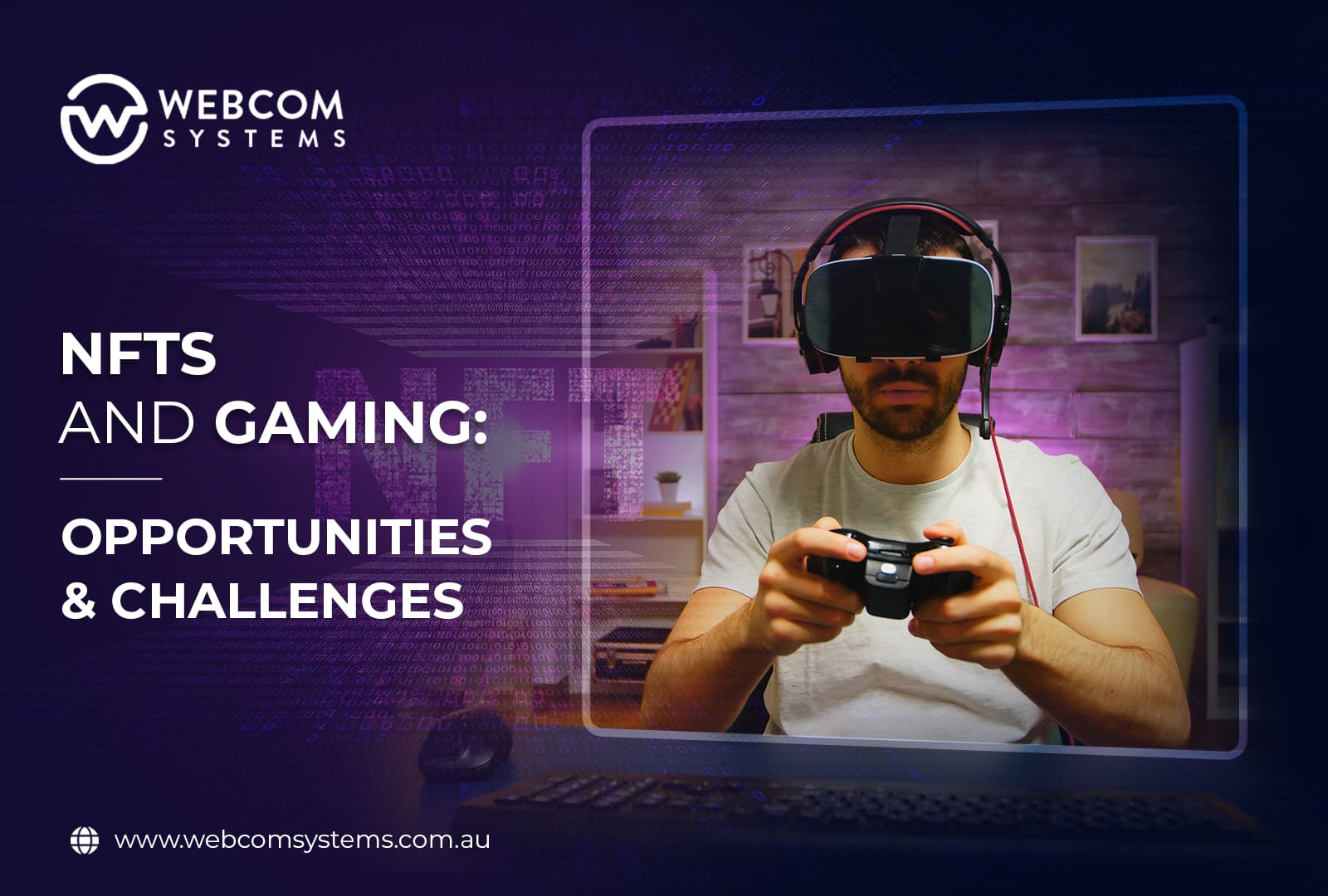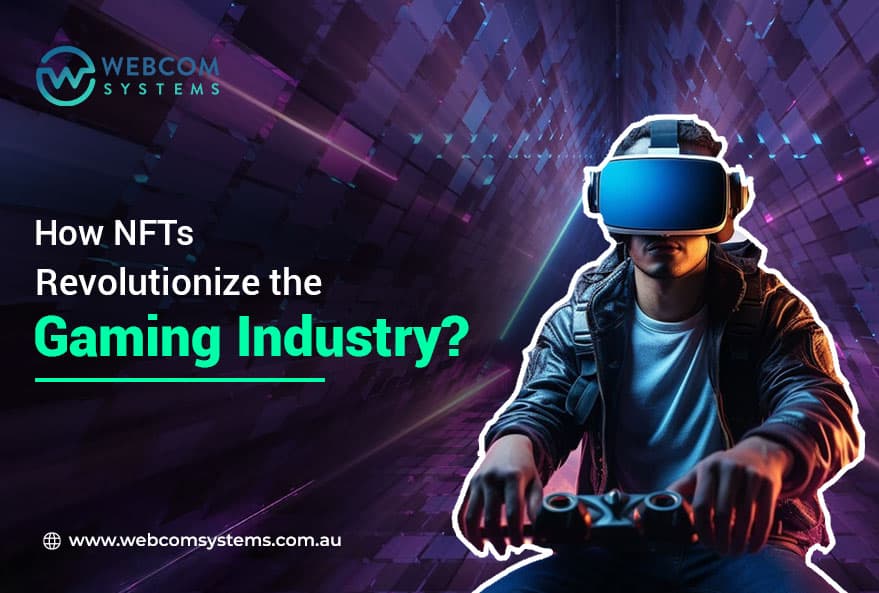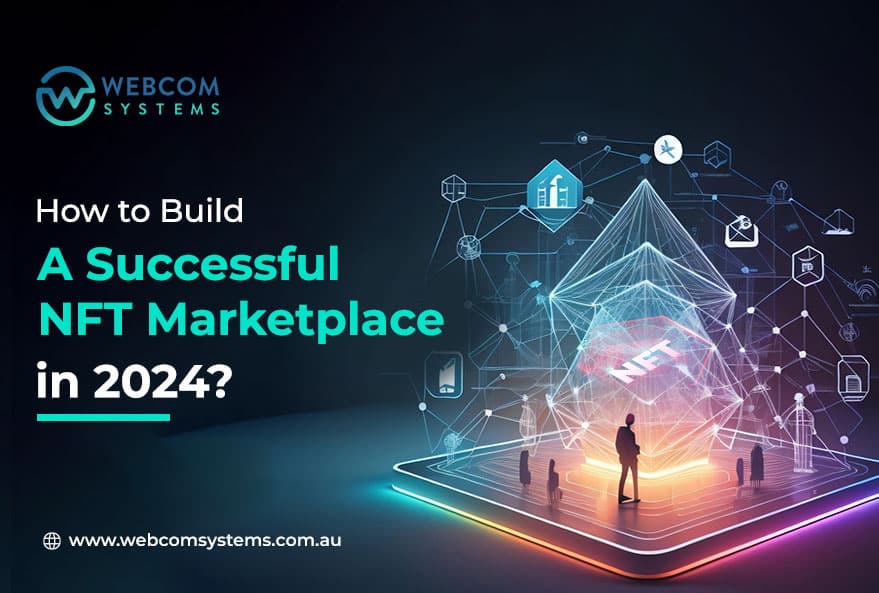NFTs (Non-Fungible Tokens) are getting very popular in the gaming industry, offering unique opportunities and challenges for players and developers. These Non-fungible tokens (NFTs) have the potential to change the gaming industry by unlocking the full potential of blockchain technology. These tokens are blockchain-based tokens, each being different and allowing them to be linked to assets representing ownership, such as collectibles or in-game assets.
This article talks about Opportunities And Challenges in NFTs and Gaming
Let’s discuss Opportunities first
Opportunities of NFTs in Gaming:
Improved Ownership and Traceability:
NFTs provide proof of ownership and authenticity for in-game assets, giving players complete control over their virtual possessions. This ownership extends beyond the game itself, allowing players to display their assets in profiles, marketplaces, or even in the metaverse.
New Revenue Streams:
Players and developers can create and sell their NFTs, leading to monetization opportunities.
This presents fresh opportunities for the coming generation, thereby enabling participants to monetize their talents.
Deeper Engagement:
NFTs enhance the gaming experience by offering incentives and rewards to players. Players can earn or unlock NFTs through gameplay achievements, participate in limited edition events, or trade and interact with other players in the NFT marketplace.
Interoperability:
NFTs enable the use of assets across multiple games and platforms, enhancing the versatility and value of virtual possessions. This innovative feature connects different gaming spaces, enabling users to move their virtual items effortlessly between various titles.

Now let’s talk about the Challenges of NFTs in Gaming
Challenges of NFTs in Gaming:
Regulatory Concerns:
Integrating NFTs into gaming raises policy challenges, and regulations may be needed to ensure consumer protection and prevent potential harm. Balancing innovation and regulation is crucial to maintain a safe and fair environment for players and developers.
Scalability and Sustainability:
With the increasing appeal of non-fungible tokens (NFTs), scalability and durability are important factors to address. The technology behind NFTs needs to be able to handle the increasing demand and ensure a sustainable environment.
User Education:
Many players may still be unfamiliar with NFTs and their benefits and risks, education for understanding and adoption is needed. Educating users about the concept of NFTs, their value, and how to engage with them is essential.
Environmental Impact:
The energy consumption associated with blockchain technology, which powers NFTs, has raised concerns about its environmental impact. Finding sustainable solutions and exploring more energy-efficient alternatives is important.
Future Outlook
As the gaming sector continues to evolve, NFTs will likely assume an important role in creating engagement and monetization opportunities for game developers and players. One thrilling possibility with NFTs in gaming is the chance for industry collaborations, such as developers cooperating with intellectual property (IP) owners.
Importance Of NFTs in Gaming
- True Ownership and Scarcity: NFTs enable true ownership in the virtual world. Unlike traditional digital assets that can be easily duplicated, NFTs provide unique and verifiable proof of ownership. This allows players to have exclusive ownership of virtual items, creating a sense of value and rarity. Players can truly own and control their in-game assets, which enhances their engagement and attachment to the game.
Increased Player Engagement: With NFTs, there are new ways to engage players by providing incentives, rewards, and unique experiences. Players can earn or unlock NFTs through gameplay achievements, participate in limited edition events, or trade and interact with other players in the NFT marketplace. - New Business Models: NFTs introduce new business models for players and developers. Players can monetize their virtual assets by selling or trading NFTs, creating a marketplace for digital items. Developers can also benefit by earning royalties from the secondary market transactions of NFTs associated with their games. This opens up opportunities for players and developers to generate revenue beyond the traditional model of game sales.
- Enhanced Security and Transparency: Blockchain technology, which powers NFTs, provides a decentralized and transparent system. This ensures the security and authenticity of NFT transactions, eliminating the risk of fraud. Players can have confidence in the ownership and value of their NFTs, leading to a more trustworthy and secure gaming experience.
- Immersive and Rewarding Gaming Experience: NFTs enable the integration of virtual assets across different games and platforms. Players can use their NFTs in various gaming environments, creating a seamless and interconnected gaming experience. This allows for the continuity of virtual possessions, enhancing the overall immersion and enjoyment of the game.
Conclusion
NFTs provide improved ownership and traceability, allowing players to have complete control over their in-game assets and proving their authenticity. It enhances player engagement by offering incentives, rewards, and unique experiences, leading to deeper connections between players and the game.
Webcom Systems help in various aspects of NFT development, including smart contract development, web development, and blockchain integration. We can help you in building web applications that allow users to interact with NFTs.
Recommended Read: Cost to Develop a Metaverse Platform




